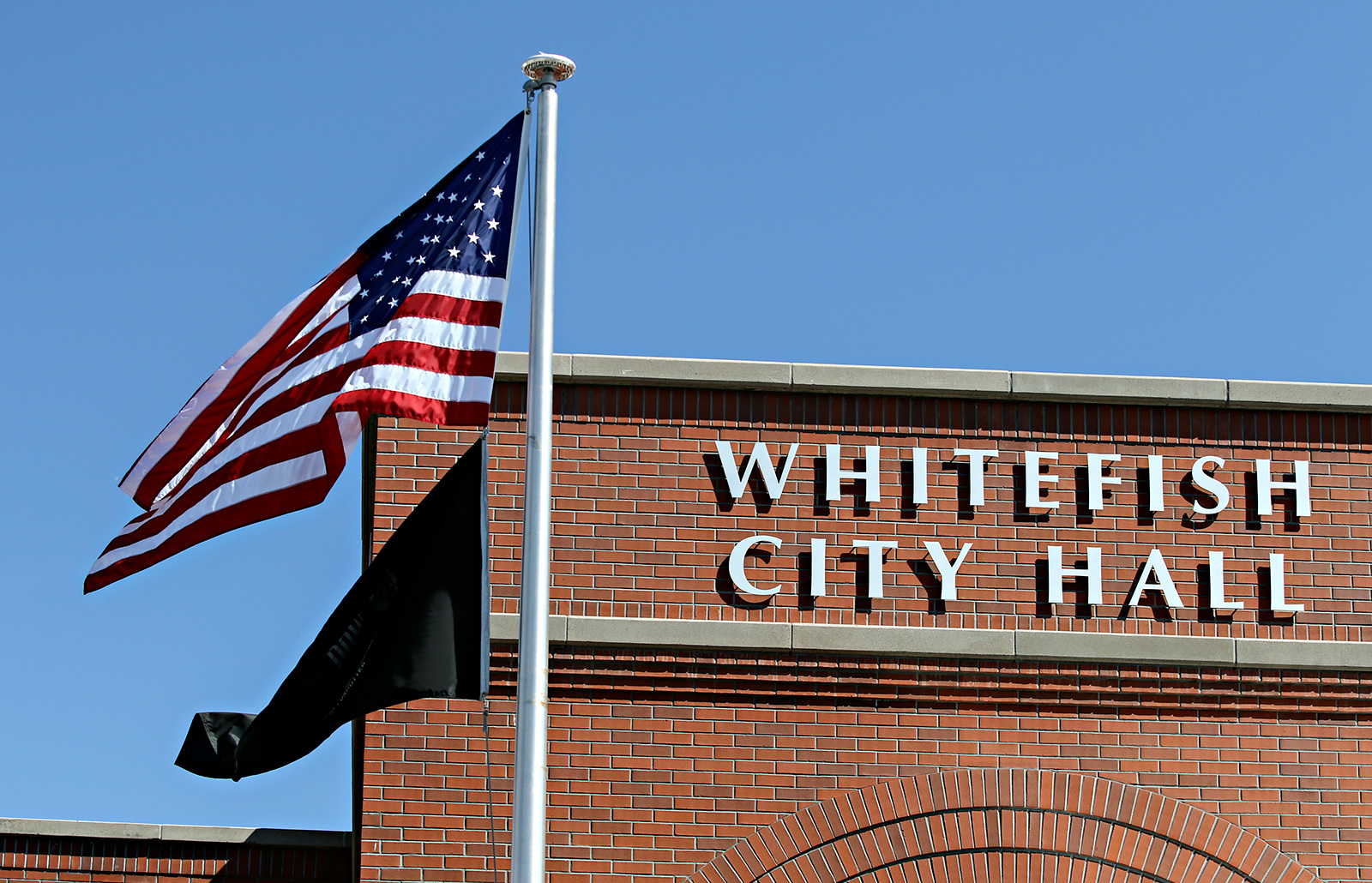Whitefish Council Approves Preliminary Budget, Residential Property Tax Increase
A version of the budget submitted to the council explains the need for increasing property tax mills due to municipal wages that are lagging compared to the market, and a decrease in revenue from the city’s resort tax
By Mike Kordenbrock
A preliminary budget that calls for raising property taxes in the upcoming fiscal year was approved by the Whitefish City Council at its June 17 meeting.
Councilor Steve Qunell was absent from the meeting, but the remaining councilors voted in favor of the preliminary budget, with the intention of holding a final public hearing for the budget and capital improvement projects at the council’s Aug. 19 meeting.
The proposal calls for a total appropriated budget of $50,850,004, which is down about $291,578 from the prior fiscal year’s appropriated budget of $51,141,582. Expenditures for the preliminary budget are up $760,210 from the current budget, owing to what City Manager Dana Smith described as an increase in capital expenditures and personnel costs.
A version of the budget submitted to the council last month explains the need for increasing property tax mills as a necessary response to municipal wages that are lagging compared to the market, and a decrease in property tax relief coming from the city’s resort tax, which is projected to produce collections at or slightly below the city’s fiscal year 2024 budget. Using those projections to build the fiscal year 2025 budget, city staff predict a $293,222, or 11.5%, decrease in property tax relief through the resort tax, with the total amount of relief from that revenue stream coming in at $2.2 million.
Going back to August 2023, when the city adopted its budget for fiscal year 2024, there was anticipation that property taxes would increase in the future. Initially, the fiscal year 2024 budget had called for an increase in property taxes, but the city was able to procure additional property tax relief and avoid property tax increases by altering its investment strategy and working with its local banking partners, per a report submitted for approval by the council.
The preliminary budget approved this week calls for a 9.5 mill property tax increase. About 2.5 mills are aimed at making up for a drop in resort tax-funded property tax relief, which Smith attributed to market forces, including a decrease in collections growth and decreasing inflation. Of those 9.5 mills, six are needed to keep city wages competitive with other government agencies. Smith said that the city will use that revenue primarily to provide a 3.5% cost of living adjustment raise, and a 5% market rate adjustment to the city pay matrix. Another .75 mills are needed to produce revenue for $60,000 the council agreed to contribute to the Mountain Climber commuter service.
Residential property owners whose property remains at the same taxable value that it saw during the calendar year 2023, could see an increase of $38.45 on a property with a market value of $300,000. A property valued at $600,000 could see an increase of $76.91 in property taxes, and a property valued at $800,000 could see an increase of $102.53 in property taxes.
“I’m happy to present this budget, I feel that it’s a balance between our taxpayers as well as our employees who deserve to be paid very close to market rate as they face the same cost of living challenges that everyone does in our community,” Smith said.
Before casting a vote in favor of the preliminary budget, Councilor Frank Sweeney emphasized that the city was not seeking to bring employee wages closer to the private sector, but instead was relying on a study which looked primarily at the wages of municipal workers in the state of Montana.
“We’re not looking to compare ourselves to Vale, Colorado, or Denver, Colorado. That’s not what we’re doing. Just so the public is clear with that,” Sweeney said.